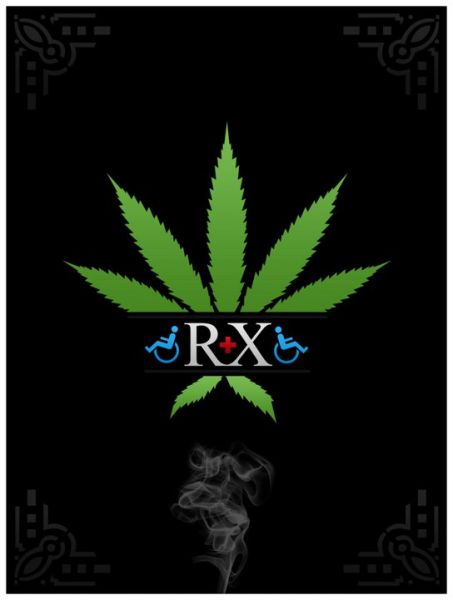 Cannabis administered in a timely manner may block the development of post-traumatic stress disorder symptoms in rats, a new study conducted at Israel's Haifa University finds. The study, published in Neuropsychopharmacology journal, found that rats given cannabis within 24 hours of a traumatic experience successfully avoided PTSD symptoms. "There is a critical 'window of time' after trauma, during which synthetic marijuana can help prevent symptoms similar to PTSD in rats," said study leader Dr. Irit Akirav.
Cannabis administered in a timely manner may block the development of post-traumatic stress disorder symptoms in rats, a new study conducted at Israel's Haifa University finds. The study, published in Neuropsychopharmacology journal, found that rats given cannabis within 24 hours of a traumatic experience successfully avoided PTSD symptoms. "There is a critical 'window of time' after trauma, during which synthetic marijuana can help prevent symptoms similar to PTSD in rats," said study leader Dr. Irit Akirav.
In an aspect of the experiment that animal rights activists would presumably object to, rats were exposed to extreme stress, and subsequently found to display symptoms resembling PTSD in humans. They were then divided into four groups—the first given no cannabis, the second given a cannabis injection two hours after being exposed, the third after 24 hours, and the fourth after 48 hours. The researchers examined the rats a week later and found that the group that had not received cannabis, and that which received the injection after 48 hours, displayed PTSD symptoms and a high level of anxiety. Although the rats in the other two groups also displayed signs of anxiety, the PTSD symptoms had totally disappeared.
"This shows that the marijuana administered in the proper 'window of time' does not erase the experience, but can help prevent the development of PTSD symptoms in rats," Akirav said. "We also found that the effects of the cannabinoids were mediated by receptors in the amygdala area of the brain, known to be responsible for mediation of stress, fear and trauma."
While a decisive parallel between emotional states in humans and animals cannot always be drawn, Akirav expressed confidence that psychologists will take her research forward to determine if it applies to humans. (AFP, Sept. 20)
Graphic: Herbal Remedies







Recent comments
2 weeks 3 days ago
2 weeks 3 days ago
5 weeks 4 days ago
6 weeks 3 days ago
10 weeks 3 days ago
14 weeks 2 days ago
18 weeks 2 days ago
19 weeks 20 hours ago
29 weeks 20 hours ago
33 weeks 1 day ago